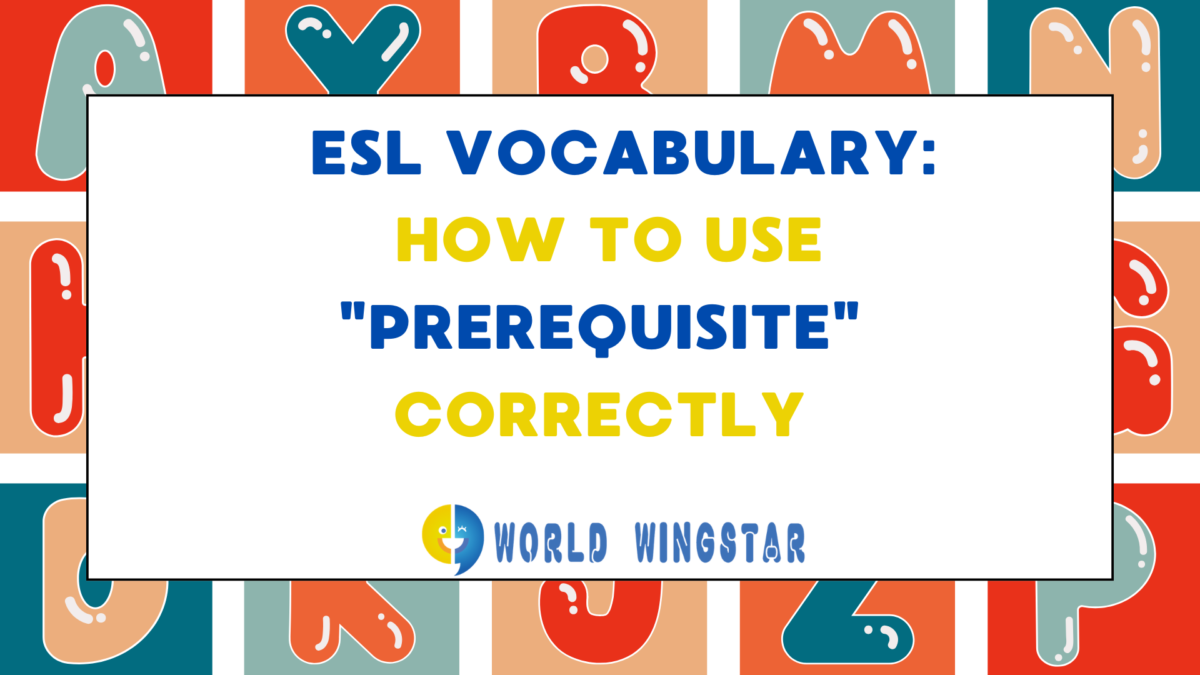- ワンポイントレッスン
Might Versus May: Understanding The Difference2024.09.03
あなたは会話中に”might” or “may”のどちらを使うか迷うことはありませんか?
その違い、使い方について学びましょう。
Hey there, language learners!
Have you ever experienced getting lost in the middle of your story because you felt confused between “might” or “may”? Don’t worry—you’re not alone! These two little words can be tricky, but by the end of this post, you’ll feel a lot more confident about when to use each one. Let’s start!
So, What do “Might” and “May” for?
Both “might” and “may” are modal verbs, which means they help us express possibility. Many English learners’ question is, how do I know which one is correct to use? Let us check the two examples:
-
“May” is like the optimistic friend who’s pretty sure things will happen. It’s used when something is likely or when asking for permission.
-
“Might” is the more cautious friend who thinks things could happen, but they’re not 100% sure. It’s used when something is less likely or when you’re feeling uncertain.
When to Use “May”
1.To Show Possibility:
-
“I may go to the dinner meeting tonight.” (You’re considering going, but it’s not yet sure.)
-
“It may rain later, so bring an umbrella.” (There’s a good chance of rain, perhaps it’s cloudy or it was according to the weather forecast.)
2. To Ask for Permission:
-
“May I use your phone?” (A polite way to ask if something is okay.)
-
“You may leave the table once you’ve finished your meal.” (Permission granted!)
When to Use “Might”
1. To Show Less Certainty:
-
“I might go to the party tonight.” (You’re thinking about it, but you’re not sure.)
-
“It might rain later, but who knows?” (There’s a chance of rain, but it’s not a sure thing.)
2. When You’re Just Not Sure:
-
“She might be at home, or she might be out.” (You don’t have the exact information.)
-
“I might have left my keys at work.” (You’re not sure.)
Here’s a Quick Trick to Remember
-
If you’re pretty sure something will happen, use “may.”
-
If you’re not so sure, go with “might.”
It’s as simple as that! Just remember, “may” is for when you’re feeling confident, and “might” is for when you’re a bit on the fence.
Join the Conversation!
Got any examples of your own? Drop them in the comments below! I’d love to see how you’re using “may” and “might” in your sentences.
Want to learn and practice more? Visit our Homepage and CLICK on THE LINK to register https://book.world-wingstar.jp/entry/
Let us learn and practice together!!!









